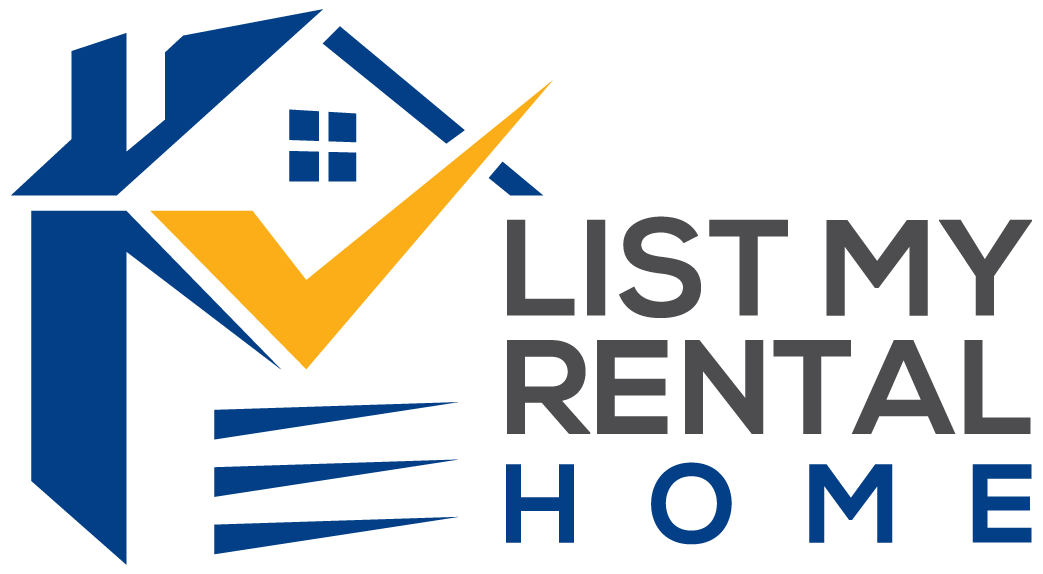Legal and Regulatory Considerations for Vacation Rental Owners
Inform homeowners about the legal aspects and regulations they need to be aware of when renting out their property.
Owning a vacation rental property can be a lucrative investment, but it also comes with legal and regulatory responsibilities that owners need to be aware of. Understanding and complying with the laws and regulations that govern vacation rentals is crucial for ensuring a smooth and successful rental business. Here are some important legal and regulatory considerations for vacation rental owners to keep in mind:
Zoning and Land Use Laws
One of the first things vacation rental owners need to consider is whether their property is zoned for short-term rentals. Zoning and land use laws vary by location, and some areas have specific regulations that govern short-term rentals. Owners should check with their local zoning ordinances to ensure that their property is compliant with the regulations.
Rental Agreements and Leases
Developing clear and comprehensive rental agreements or leases is essential for vacation rental owners. These documents should outline the terms and conditions of the rental, including the rental period, payment schedules, security deposits, and rules for the property. It's important to ensure that these agreements comply with local landlord-tenant laws and regulations.
Tax Obligations
Vacation rental owners are generally required to pay taxes on their rental income. This can include occupancy taxes, sales taxes, and income taxes. It's crucial for owners to understand their tax obligations and to comply with local, state, and federal tax laws. Consulting with a tax professional can help ensure that owners are fulfilling their tax obligations accurately.
Safety and Building Codes
Vacation rental properties must adhere to safety and building codes to ensure the wellbeing of guests. Owners should be familiar with fire safety regulations, building codes, and health and safety requirements. Regular inspections and maintenance of the property are essential to maintain compliance with these regulations.
Homeowners Association (HOA) Rules
For owners with properties in planned communities or condominiums, it's important to be aware of any HOA rules and regulations that may apply to vacation rentals. HOAs may have restrictions on rental periods, guest behavior, and property maintenance that owners need to follow.
Licensing and Permits
Some jurisdictions require vacation rental owners to obtain specific licenses or permits to legally operate a rental property. This can include short-term rental permits, business licenses, or lodging permits. Owners need to research and obtain any necessary licenses or permits to avoid legal complications.
Nondiscrimination Laws
It's important for vacation rental owners to understand and comply with nondiscrimination laws, particularly when advertising and accepting reservations. In many regions, owners are prohibited from discriminating against potential renters based on factors such as race, religion, gender, or disability.
In conclusion, vacation rental owners must navigate a myriad of legal and regulatory considerations to successfully operate their rental properties. Staying informed about zoning laws, rental agreements, tax obligations, safety regulations, and other legal aspects is vital for ensuring compliance and protecting the investment. Seeking legal counsel or professional guidance is advisable for owners to navigate the complex landscape of vacation rental regulations effectively. By staying knowledgeable and following the laws and regulations, vacation rental owners can create a positive and lawful rental experience for both themselves and their guests.
At List My Rental Home, we take pride in providing an exceptional experience to all of our guests! Please contact us at 217.493.2929 if you are thinking about turning your home into a luxury vacation rental, or if you are in the market for a new property rental management company!

